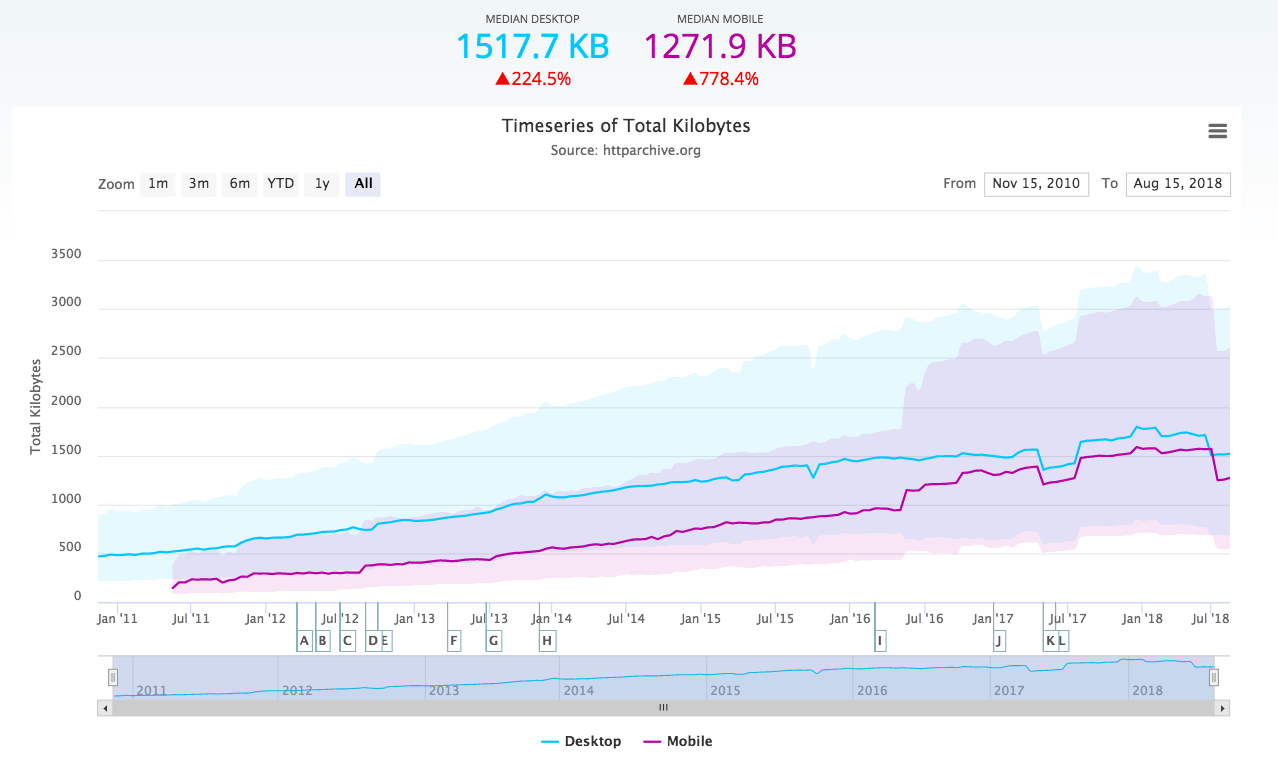Social networks are more popular than ever, and are flourishing in the Web 2.0 era. With their huge user numbers, it is very important for these websites to have a high availability. For the largest social networks, a broken website usually means closing the door on millions of people.
To see how reliable they are, we took 12 of the largest social network sites in the world and tested their availability (uptime) over a one-month period. The included sites were MySpace, Facebook, LiveJournal, Orkut, Friendster, Windows Live Spaces, Xanga, Bebo, Last.fm, Reunion.com, Classmates.com and Yahoo! 360.
Windows Live Spaces (formerly known as MSN Spaces), Microsoft’s social network with an estimated 27 million unique visitors per month, finished last in the test with a total of three hours of downtime. The majority of that downtime occurred during US daytime on October 19 (a Friday), so it must have affected a very large amount of users.
In contrast, Yahoo’s old initiative in the social network arena, Yahoo! 360⁰ (which looks like it will be to be replaced with Yahoo! Mash during 2008) came out on top with zero downtime, while the two social network giants MySpace and Facebook (both fighting for supremacy) only had 10 minutes of downtime each during the same period.
| Social Network | Home page | Downtime |
|---|---|---|
| Yahoo! 360 | 360.yahoo.com | 0m |
| www.facebook.com | 10m | |
| MySpace | www.myspace.com | 10m |
| Bebo | www.bebo.com | 30m |
| Last.fm | www.last.fm | 35m |
| LiveJournal | www.livejournal.com | 40m |
| Reunion.com | www.reunion.com | 1h 10m |
| Orkut | www.orkut.com | 1h 25m |
| Classmates.com | www.classmates.com | 1h 40m |
| Friendster | www.friendster.com | 1h 50m |
| Xanga | www.xanga.com | 2h 10m |
| Windows Live Spaces | spaces.live.com | 3h 0m |
Social networks, by their very nature, have users who are very active and visit the site frequently, generating a lot of page views. This makes any downtime more noticeable, since it means a larger loss of page views than for a “normal” site (view an older article expanding on this). In the Windows Live Spaces example, three hours may not sound like all that much over a month, but it is three hours of lost page views and ad exposure that Microsoft will never get back.
Note:
The survey measured the home pages of the 12 included social network sites from October 19 to November 19, 2007. If a home page did not respond within 30 seconds, or gave an error back, it was counted as down.


























